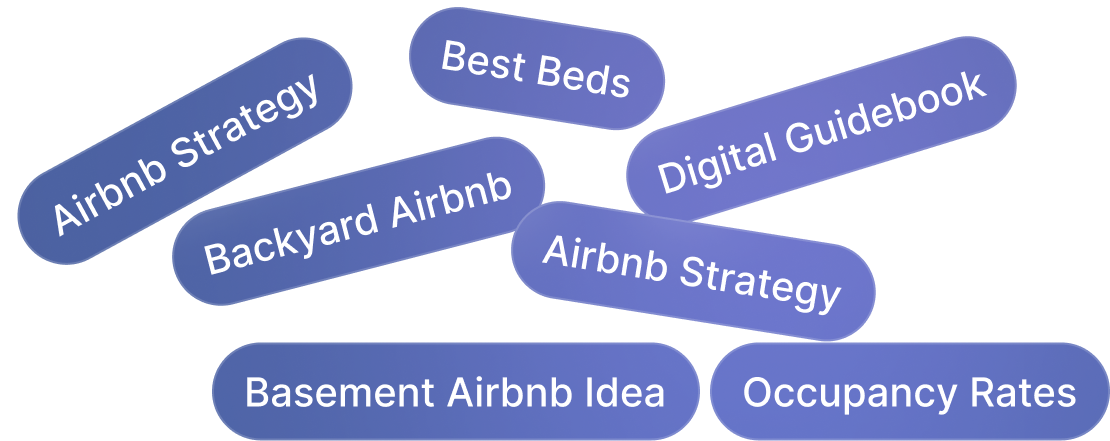If you’re hosting a short-term rental in Europe, it’s likely you’ve encountered something known as the” Value-Added Tax”. It’s often referred to as the “VAT”. Not a lot of hosts fully understand what the VAT actually is and whether or not it applies to them. Not to worry! This post breaks down what you need to know about the VAT as a short-term rental host.
Host Tools provides an automated, unified calendar for short-term rental hosts, allowing you to seamlessly list on all major channels. Start your free trial today!

What is the Airbnb VAT tax?
VAT, or Value-Added Tax, is a consumption tax applied to goods and services at each stage of the supply chain. The VAT is typically found across countries that are part of the European Union. For short-term rental hosts, VAT can apply in two main ways:
- VAT on Airbnb Service Fees: Airbnb charges service fees to both hosts and guests. Some of these fees may be subject to VAT depending on the host’s country.
- VAT on Rental Income: Depending on their local laws, hosts may need to account for VAT on their rental income.

When does VAT apply to hosts?
In short, whether or not a VAT applies to you will depend on the location and specifics of your business.
- If you’re hosting in a country where VAT applies.
- You may be required to self-account for VAT on the services provided by Airbnb under the reverse charge mechanism.
- Some jurisdictions require hosts to charge VAT on short-term rental income if it reaches above a certain amount.

What should a host do?
Don’t let all this fancy tax jargon scare you off. Remember that folks figure it out every day – and so can you! Here are a few easy tips:
- Familiarize yourself with your local tax laws.
- Determine if you need to register for VAT.
- Update your Airbnb account with your VAT ID.
- Consult a tax professional.
We get it, taxes are no fun. However, it is truly important that you familiarize yourself with VAT, especially if hosting in the European Union. Make it a priority to keep yourself informed, and you’ll avoid unexpected legal issues. Check with your local governments, and consider talking to a tax professional to cover all of your bases.
Host Tools provides an automated, unified calendar for short-term rental hosts, allowing you to seamlessly list on all major channels. Start your free trial today!



